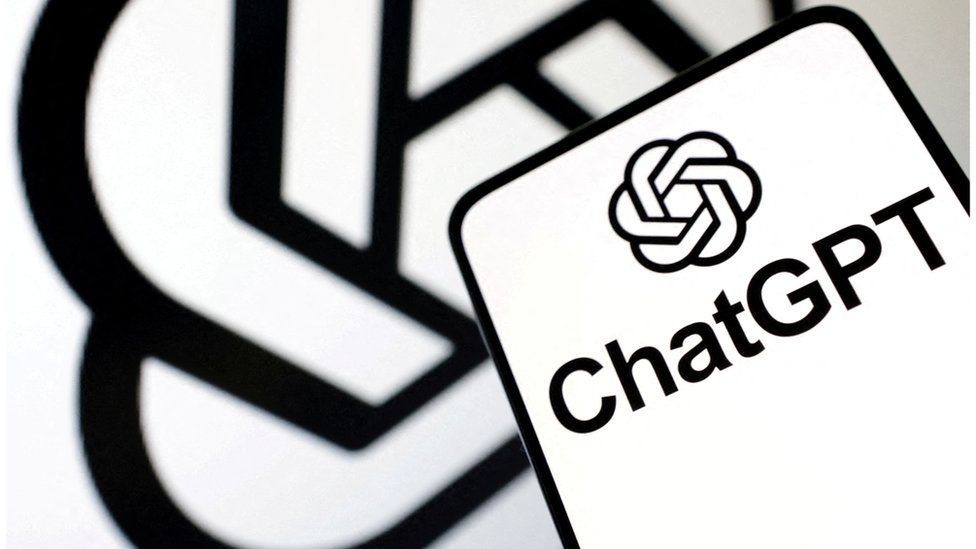6 ChatGPT prompts for lawyers
Although AI tools like ChatGPT cannot replace lawyers, it is an incredible tool that can augment support for routine tasks and speed up creativity in many aspects of legal work.

ChatGPT, the AI chatbot from OpenAI, has created quite a buzz. This natural language processing tool allows you to have human-like conversations with the chatbot. With one prompt, you can answer questions, write entire emails, generate complex code, or even get relationship advice.
Naturally, this AI tool has taken the world by storm, and the legal industry is no exception Still, a natural question that many lawyers have is, “What exactly can I ask ChatGPT?”
This article covers use cases for lawyers with ChatGPT and prompts to not only help you get started but make sure you’re always getting the best outcomes from this innovative AI tool.
ChatGPT Prompts
A prompt is a sentence or set of keywords you can input into generative AI tools, like ChatGPT, to instruct and receive an outcome. Based on its existing knowledge base, Chat GPT will interpret the prompt and generate a response for the user.
So, hypothetically, you could ask ChatGPT to draft a confidentiality agreement and the AI tool would write out a response in a matter of seconds.
You can also leverage legal document automation tools that create a high volume of documents in a short period of time while supporting compliance and maintaining a consistent brand.
Remember to be careful with the information you enter into ChatGPT. We cover more in our post about the ethical considerations of AI and law.
How do you write the best ChatGPT prompts?
The more concrete your ChatGPT prompts are, the better your results will be. Follow these steps:
- Assign a role: Tell ChatGPT what point of view, expertise, or perspective it should take. For example: “Act as my opposing counsel.”
- Provide context: Give as much information as possible and ask for your desired outcome or result. For example, “Act as my opposing counsel and provide counter arguments to [legal case].”
- Follow up with questions: Ask additional questions to get more information. You can also rephrase questions if you don’t like you don’t like your initial answer.
- Ask for sources: You can specify that you want sources cited.
- Modify your output: Remember to always edit, polish, and verify your responses; never copy and paste.
6 ChatGPT prompts to help get you started
If you’re not sure where to start, here are six chatGPT prompts to use as a jumping-off point. This will help you begin to experiment with chatGPT in your legal practice.
1. Conduct legal research and analysis
Prompt: Conduct legal research on [legal issue or topic]. Please be concise. Summarise the relevant case law, statutes, and regulations. Provide analysis and conclusions based on your research.
2. Uncover precedents
Prompt: Provide me with an overview of the legal precedents in UK [area of law]. Please tell me what key cases exist in this area of law and what the key legal arguments were. Please also identify the potential consequences of misinterpreting the legal precedents.
3. Confirm proper citation format
Prompt: Review this [legal document type] to ensure proper citation format and accuracy. Please review for any errors and make necessary corrections.
4. Prepare a case
Prompt: Please provide me with a list of all the possible outcomes of [legal dispute]. Please tell me how I can prepare for them.
5. Develop a legal strategy
Prompt: What are the potential risks and benefits of pursuing this legal strategy [describe strategy]?
6. Create discovery questions
Prompt: Generate a list of questions for opposing parties in discovery for [specific legal issue]. Please ensure the questions are clear and concise.


